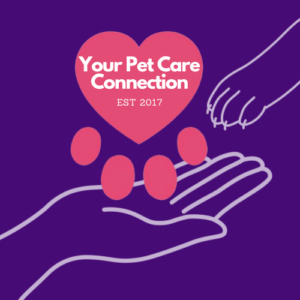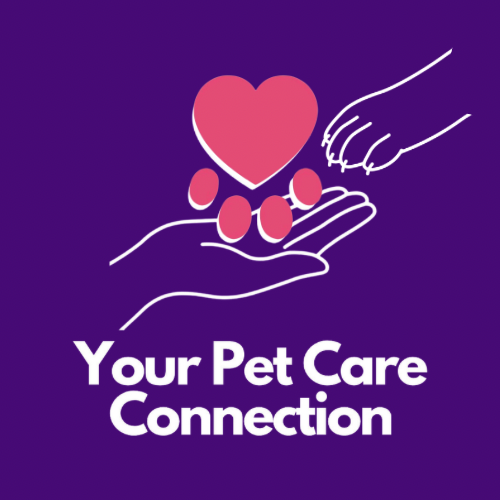February is National Pet Dental Health Awareness Month! Did you know that pet dental health isn’t only important for dogs, but cats too? Just like with people, dental health has a direct impact on pet’s overall health and well being.
Pet dental health can not only affect your pet’s breath, but their eating habits and even their vital organs as well. While most pet owners don’t necessarily remember their pet’s teeth until the catch a face full of halitosis ridden kisses (aka bad breath), signs of improper dental health can be easy to spot far prior if you know what you’re looking for.
So what do you actually look for, and when should your start looking? According to the one animal hospital,
“ More than 70% of pets show some degree of periodontal disease by the age of 3. What that means is that 8 out of 10 dogs will begin to show signs of periodontal disease at a relatively young age. It’s a good idea to get into the habit of checking the color and condition of your pets teeth/gums regularly, if not daily, to monitor for signs of trouble. If you notice red, irritated gums or dark staining on the teeth, it’s time for a dental check with your vet! “
Pet Dental Month. (n.d.). [web log]. Retrieved February 6, 2023, from https://www.lincolnshireanimalhospital.com/blog/pet-dental-month-facts-did-you-know/.
This means that it’s never to early to start checking! While most pets won’t need veterinary intervention through sedation dentistry prior to age 2, you can always keep a close eye on how you pet’s teeth are doing at home, and utilize over the counter dental care items and chews.
The foods and chew toys you use for your pet also have a direct impact on their gun and dental health. Thankfully, there’s a wide variety of option on the market to help with this, ranging from water additives that help break down tarter, to dental chews and foods. Remember, while pets under age one can be encouraged to utilize chews from a young age, most dental bones (ex greenies) are recommend for pets age one and above.
Talk with your vet about regular dental cleanings, and what you can be doing at home to help prevent dental decay & gum disease for your furry family member.







